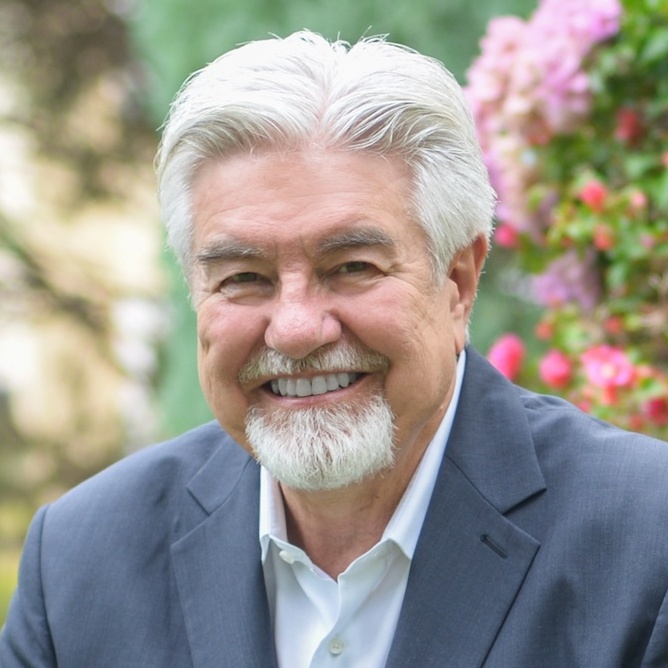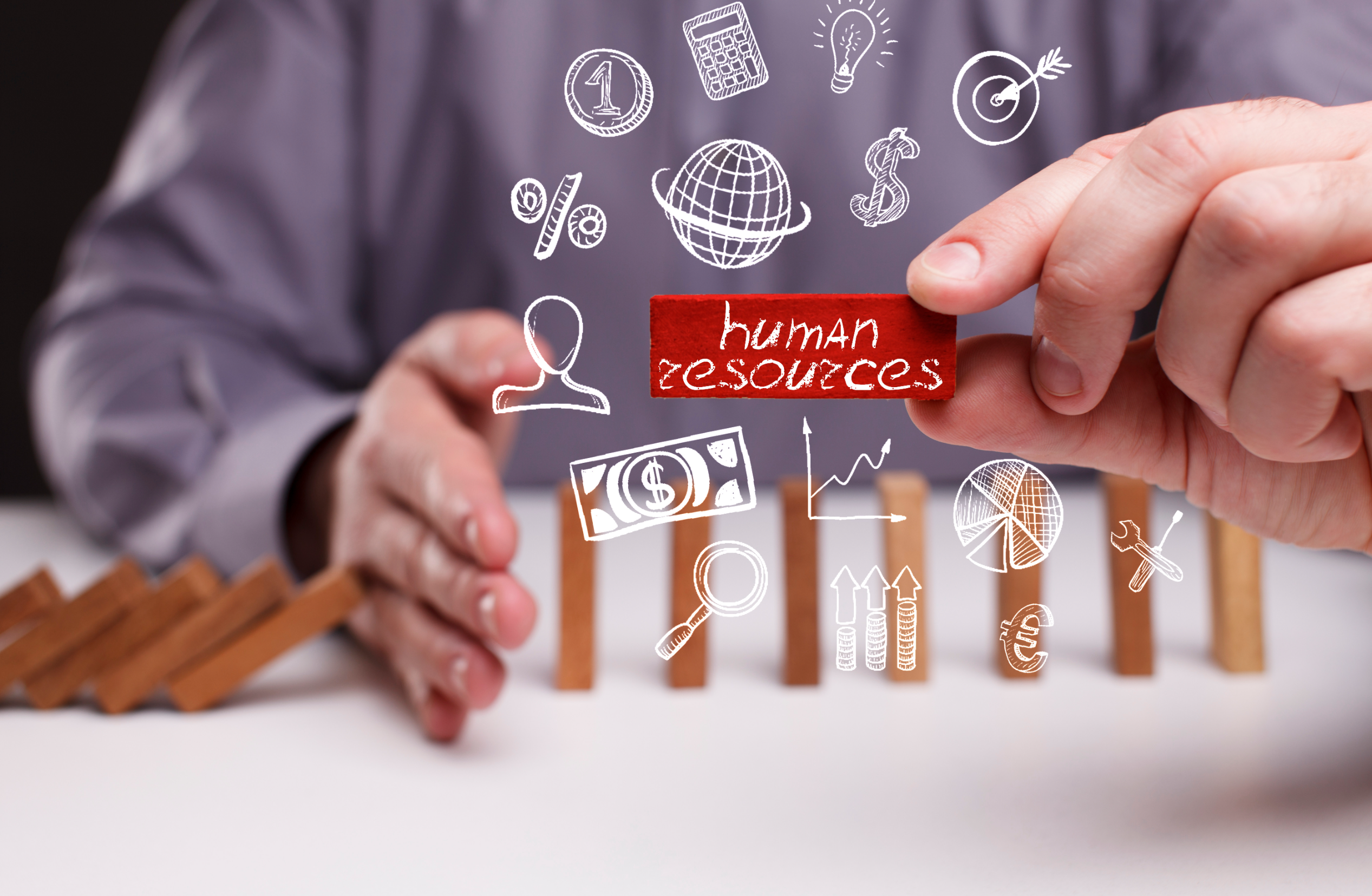Prioritising human development in South-East Asia’s workplace
- Shawn Liew

Organisations that promote human development (HD) in the workplace are characterised by a sense of purpose in not only considering that people need to contribute to the goals of the business, but also understanding that the business must contribute to the development of people.
Speaking exclusively to HRM Magazine Asia, Dr Bob Aubrey, Founder and Chair of the Advisory Board, ASEAN Human Development Organisation (AHDO), explained, “HD organisations don’t limit responsibility to employees only but extend responsibility to the human ecosystem of suppliers, partners, and the society where they operate. This is the ‘S’ of ESG (Environmental, Social, and Governance) and HD organisations measure their contribution and impact.”
Unfortunately, not all organisations are equipped to deliver social responsibility, productivity, and profit simultaneously, as he pointed out, “Professionals in HR may assume that using HR tools and processes as an employee in an organisation is equivalent to a career. HD professionals, on the other hand, have careers that cross boundaries, enabling them to work with the education system, governments, and the non-profits that make up the HD ecosystem.”
Human development continues to gain momentum in South-East Asia
Having founded AHDO in 2018 with the aim of developing ASEAN’s management identity and culture with a core purpose of improving HD at work, Dr Aubrey is in a better position than most to analyse the state of HD in South-East Asia.
Encouraged that the region is “breaking new ground” in adopting a stakeholder approach to developing people, he highlighted, “Business leaders agree that getting HD right in the next 10 years is a top priority and many want to contribute to make that happen. Studies have shown that they generally don’t believe that traditional HR professionals are equipped to meet the challenge.”

“Business leaders agree that getting human development right in the next 10 years is a top priority and many want to contribute to make that happen.”- Dr Bob Aubrey, Founder and Chair of the Advisory Board, ASEAN Human Development Organisation (AHDO).
Calling for the awareness of HD to be treated as an “urgent priority” alongside issues such as sustainability and biodiversity, Dr Aubrey added, “There is also an immediate need for people professionals in the region. Few professionals have an understanding and experience of other countries beyond their own. One of the reasons I decided to create ADHO with our founding members is that there was no regional association or organisation for professionals.”
Moving forward, one of AHDO’s priorities is to continue building institutions to serve more than 650 million people in South-East Asia. Having established presence in Indonesia, Vietnam and Malaysia, Singapore and the Philippines are up next for Dr Aubrey and the AHDO team.
Also high on the priority list is continued education, with certification programmes organised regularly for HD professionals. In collaboration with the University of Malaya and the ASEAN University Network, AHDO is also developing South-East Asia’s first master’s degree programme in HD.
A focus is also being placed on thought leadership and ESG at a level where business leaders can define goals for their organisations and measure the impact of their HD initiatives, Dr Aubrey revealed.
“We have published books, we speak at business conferences, and we are founding members of the Ethics Committee and Advisory for the ASEAN Region,” he highlighted.
Building and managing a sustainable workforce
One of the conferences Dr Aubrey recently spoke at was HR Tech Festival Asia 2022, which was successfully held from May 10-13.
Besides serving as moderator for the virtual AHDO Summit on May 11, Dr Aubrey also participated in an engaging conversation with Patrick Tay, Assistant Secretary-General of Singapore’s National Trades Union Congress (NTUC) and Member of Parliament, Singapore, at the in-person HR Tech Festival Live event on May 10, where they discussed issues such as workforce sustainability.
Dr Aubrey described, “When you hear sustainability, you usually think of the environment and global warming. However, the pandemic taught us that a sustainable workforce is necessary for a healthy society and economy. Businesses and governments need to work together to maintain employability, as well as mental and physical health, for a population that will be living and working longer.”
“You can measure workforce sustainability with economic and human development indicators, which would obviously include employment but also things like inequality, inclusion, and wellbeing. People will need to learn new jobs and work in different organisations, so development during different career stages is a key capability.”
What managing a sustainable workforce is not, however, is keeping employees on the payroll until retirement. Throughout an employee’s tenure at the organisation, they should have developed themselves in some measurable way, which is essentially the definition of HD when it comes to work, according to Dr Aubrey.
Lamenting how some companies are giving short shrift to managing a sustainable workforce, as they do to the sustainability of the environment, he cautions that the dated economic model where profit is the only social responsibility of a business is no longer viable.
“You can’t defend a formula like that in today’s world and expect humanity to be around for long. The pandemic showed us that when governments and the private sector work together, we can deal with even the most unexpected crisis.”
Dr Aubrey is also seeing the rise of a movement driven by the three Ps of: Purpose, People, and Profit; a boardroom approach to ESG; the emergence of human rights responsibility for a company’s supply chain and its employees; as well as a refusal of employees to work for companies that do not support and develop them.
To successfully manage a sustainable workforce, he recommends companies to set strategic key development indicators (KDIs), as well as key performance indicators (KPIs), while recognising their differences. “Development indicators are not the same as performance indicators and, as the saying goes, what doesn’t get measured doesn’t get done.”
Companies also need to realise that what works in building a sustainable workforce in one country may not necessarily work in another. Dr Aubrey cited the example of how Singapore has successfully managed youth unemployment through education and a policy of upskilling and reskilling workers.
Malaysia, in contrast, continues to experience high youth unemployment for university graduates, as well as unskilled workers. “Across ASEAN, companies are experiencing a talent shortage, but what they can do to build sustainable talent for themselves and for their industry is different from one country to the next,” Dr Aubrey concluded.
Dr Aubrey will be speaking at HRM Asia’s HR Leadership Series: Live on September 8 at Marina Bay Sands Singapore. He will join Low Peck Kem, Chief Human Resources Officer & Advisor (Workforce Development), Public Service Division, Prime Minister’s Office, Singapore, to discuss how organisations across both the private and public sectors are adapting to health and wellbeing urgencies, the latest tech trends, as well as managing new ways of working that will carry forward into the future workforce.
Established in 2018, AHDO is the first organisation created to serve the community of human development professionals in the world of work. AHDO is also for organisations where human development is a purpose in alignment with United Nations principles and development goals, as well as the International Labour Organisation’s decent work mission.
AHDO supports members through activities, conferences, professional certifications, and accreditation of organisations. AHDO publishes books, white papers, and research on human development and as an ASEAN entity, promotes commitment to improving human development, build networks and support thought leadership from the region.






